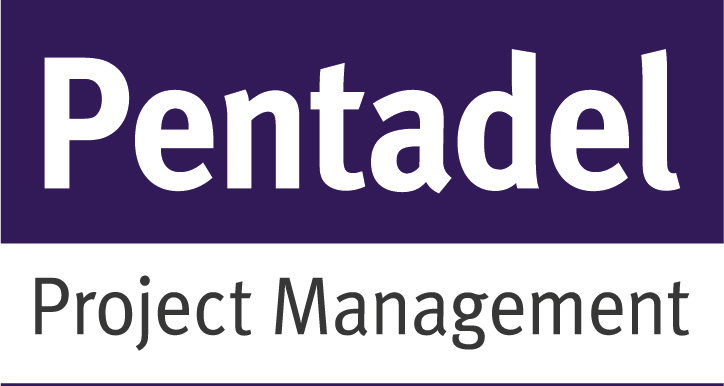How will COVID-19 affect your food manufacturing operations?
While nobody really knows the extent of the impact of COVID-19 in the UK and beyond over the coming weeks and months, there is no doubt that the UK’s food and drink industry will play a key role in keeping the country’s social and economic balances in check.
The risks are currently impossible to mitigate fully – no one understands exactly what we should be most worried about. Product contamination inside a facility? Or a workforce that is simultaneously off sick and unable to work?
Whatever the challenges are, there are most certainly measures food and drink manufacturers can be taking now to ensure risks are appropriately mitigated and that their operations weather this storm.
Labour Shortages
Nobody wants to plan for their workforce to be significantly reduced due to ill health, but there is a real and imminent risk that this may happen, with some reports anticipating a peak several months from now.
Given the food sector is already experiencing a shortage of labour, anything that can be done to reduce the risk of this challenge being further exacerbated seems prudent.
In the immediate term, a thorough review of current manufacturing flows may well highlight opportunities to reduce physical contact. These might be as simple as removing turnstiles or eliminating finger-touch access control and time records.
However, more urgent may be the need to consider how an operation will be maintained with a drastically reduced workforce. While wholesale line automation may take many months or even years to deliver, it is entirely possible to hit some quick wins and increase efficiency with off-the-shelf machinery and clever thinking regarding production flows.
Demand Fluctuations
Panic buying and the subsequent hoarding will present both a challenge and an opportunity for food manufacturers, which need to think now about how best to capitalise upon and manage the situation.
The rapid redesign of production flows to prioritise the enablement of flexibility will set manufacturers up to be able to cope with fluctuations in demand.
Storage Challenges
Supply chain issues are creating a myriad of challenges for food manufacturers. Existing storage shortages are becoming compounded, and a need to be able to up and down-scale operations to meet demand is now paramount.
A review of existing assets will likely uncover opportunities to optimise storage areas. This is all about mitigating risks, by making existing facilities work harder and creating efficiencies, which in turn will help reduce costs and allow manufacturers to be more agile through this uncertain time.
Project Works
Many manufacturers will have to consider the additional complication of business-critical project works – such as facility upgrades and refits. Others will be part-way through or preparing to embark on new build construction projects.
Most contracts relating to those projects will not properly cover the current COVID-19 situation and so the onus will be on clear communication between all parties. Project owners must review all contracts held in relation to current projects, with a view to ensuring that all parties' positions are fully understood. In turn, this will enable thorough identification of any and all risks – and mitigation measures can then be prepared as appropriate.
For manufacturers about to sign contracts for project work, now is the time to review those contracts carefully and to ensure the correct amendments are made before signing, so all parties are clear of their position.
Furthermore, while projects ought always to be managed using robust process and governance – it is in times like these that those processes and policies are tested, and now is the time to be proactive in ensuring risks have been fully understood and mitigated as far as possible. A review of governance processes is something to address as a matter of urgency – and it will benefit not only current projects, but future works, also.
Insurance and Indemnities
Now is the time also to review all relevant insurance policies. What is covered – and crucially, what is not? What could be covered in future?
It is always good practice to communicate fully with any insurers – talk to them about concerns ahead of time, and give them the opportunity to comment on any planned risk mitigation measures. This is especially important to limit the opportunity for loss adjustment deductions following any future claims.
Conclusion
The Coronavirus is going to bring challenges to food and drink manufacturers – certainly in the short term, and quite possibly for much, much longer. As in many a crisis: preparedness is key. As Benjamin Franklin famously said, “by failing to prepare, you are preparing to fail.” We hope businesses will act fast in doing all they can to identify and mitigate risks and that as a result, they will not only weather this latest storm but come through it stronger than ever.
Throughout the COVID-19 crisis, our experts are available to assist as required with risk mitigation efforts across all industries in which we work. We will also keep you updated on our insights as the COVID-19 crisis develops.

